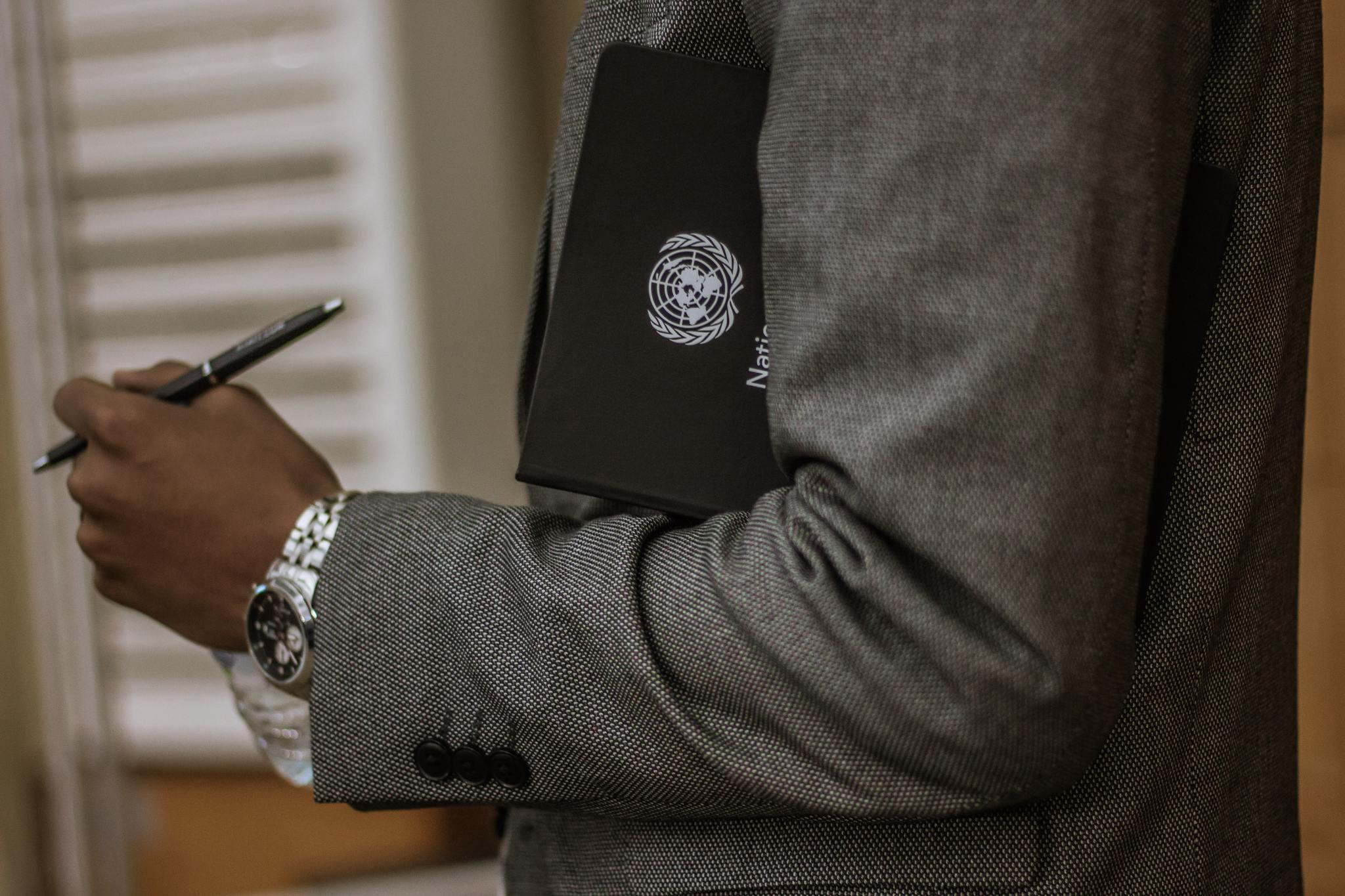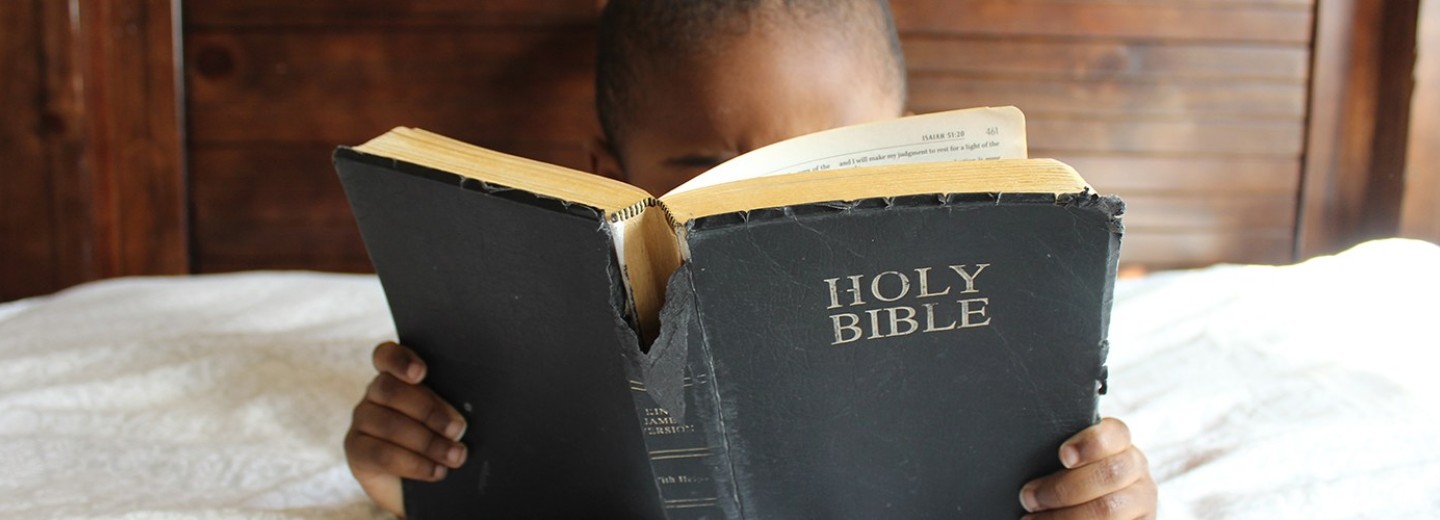Modern missionaries
Some Western nations try to ignore their colonial past. They exploited other countries for their resources. They abused native customs and people. Wherever colonialists could do so, their invasions included Christianity. They justified their behaviour by invoking God. But also, using religion, they hoped to control minds as well as bodies.
‘Muscular Christianity’ best describes the zeal of some Western religious missionaries who proselytised indigenous people with a gun in one hand and a Bible in the other. They were ‘doing God’s work’. Some of them remain Western heroes and heroines today.
I am not condemning them all. One or two of them were my relatives. All were people of their time. Many felt themselves inspired by Heaven. Many ran clinics and helped the poor as part of their Christian duty. Many died for their faith a long way from home in sickness, poverty and misery.
But they were determined to change local cultures and beliefs. That is why they were there. Around the world, they forbade local practices that seemed to them to be unchristian. They introduced laws that reflected the values of their own country. All this in the pursuit of humanity and spreading civilisation to uneducated heathens.
Astonishingly, the Western world is repeating these mistakes today.
Human rights
In Western media, we read daily about infringements to universal human rights. Many interest groups go further and link universal rights to their cause; LGBT*** rights; women’s rights; protestors’ rights. If you want to signal your virtue on almost subject, the word ‘rights’ must appear somewhere. Universal Human Rights are commonly being ‘crushed’ by an oppressive authority – usually a regime or police force in a non-Western part of the world.
How many of those who so glibly promote these rights, regard themselves as religious, I wonder? In the Anglo-Saxon world, not many, I think. How many would call themselves Colonialists? That would be a worse insult to some than being called religious.
Western politicians, journalists and ‘humanists’ are sometimes today’s colonialist Western missionaries. They make similar errors of cultural ignorance and prejudice.
Why is this?
In the euphoric aftermath to the Second World War, the USA believed it had, yet again, saved the world for freedom and democracy. Most nations were bruised and bankrupt: each was concentrating on its own recovery. The USA largely funded and led the United Nations. The UN became headquartered in the USA. In his excellent analysis, “The Great Delusion”, John Mearsheimer captures this liberal thinking superbly: “In essence, the United States…tried to remake the world in its own image.”

The United Nations, encouraged by Eleanor Roosevelt, quite reasonably suggested that the risk of another world war would be reduced if nations agreed a set of common values.
The UN formed a Committee to determine what these would be and draft a suitable document.The UN account of this work describes it as: “Drafted by representatives with different legal and cultural backgrounds from all regions of the world.” This is not true. The drafting committee were:
- Dr. Charles Malik (Lebanon)
- Alexandre Bogomolov (USSR)
- Dr. Peng-chun Chang (China)
- René Cassin (France) (the first lead drafter)
- Eleanor Roosevelt (US)
- Charles Dukes (United Kingdom)
- William Hodgson (Australia)
- Hernan Santa Cruz (Chile)
- John P. Humphrey (Canada) (the original assembler of the list of rights)
Thus, over half the drafters came from Western, formerly colonial, countries. In addition, Dr Malik obtained his PhD from Harvard, while Dr Chang’s further education was wholly in the USA. There was no-one from the Indian sub-continent, Africa or South East Asia. There were no Muslims, Buddhists or Jews. It was a Western educated, Christian, committee.
The UN agreed the Universal Declaration of Human Rights in 1948. It has been evangelised by the Western world ever since.
The Declaration is a fine piece of writing. Simply expressed and clear, it lays down a code of conduct for nations that conforms to Western liberal values. Like the Bible, The Koran, the Torah, Confucian thought even, it sets out standards to which governments should adhere. Unlike other codes however, it makes very few references to how citizens should behave. It is all about their rights; it says nothing about their responsibilities.

More insidious is the way in which Western advocates see the Declaration as the only guide to what is good or bad government everywhere. Concepts of right and wrong differ widely among cultures – even among sub-groups, families and tribes. Western people are, yet again, imposing their desired behaviours on others, as did former missionaries.
It is not surprising that other parts of the world resent and resist this behaviour, just as subject nations resisted colonialization. ‘Democracy’, ‘Human Rights’ are the Western world’s modern religion. The Universal Declaration of Human Rights is the Christian Bible’s Ten Commandments. Just as with religious beliefs, Western protagonists use the Declaration as a reason for punitive action they might take against regimes or beliefs they see as a threat.
If this is the religion, today’s missionaries are the all-too-devout Western press and media. Their priests are the hierarchy of NGO’s and ‘third world’ charities that depend on public support for their existence.
Should the Declaration be abandoned? No.
Like any other set of beliefs, it has value. What is wrong is to use it, as colonialists used religion, to impose the will of one part of the world on all the others, pretending it to be in the world’s best interests.
This preaching destroys the value of worthy principles. The Declaration would be more effective as a guide to those countries that want to engage more with Western states. Trying to impose it unilaterally repeats the days of Western Imperialism.
Worked on the article:

Wanlikhang





